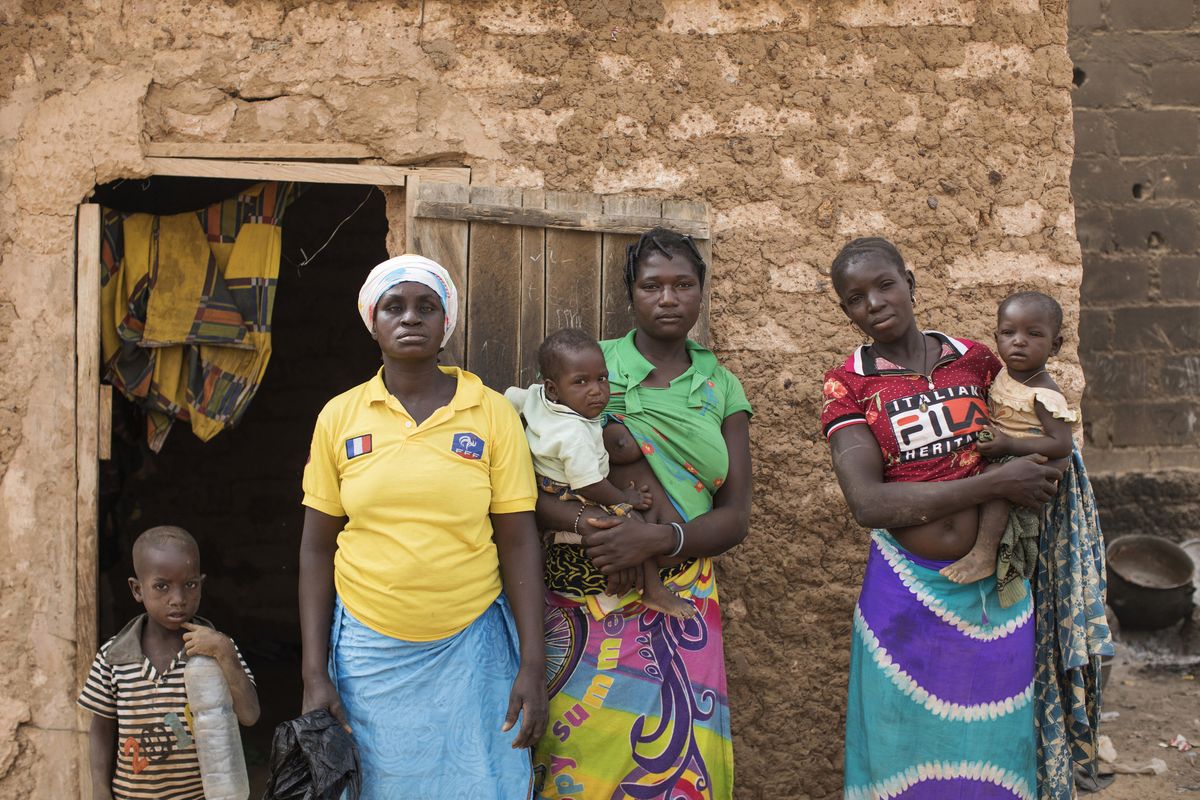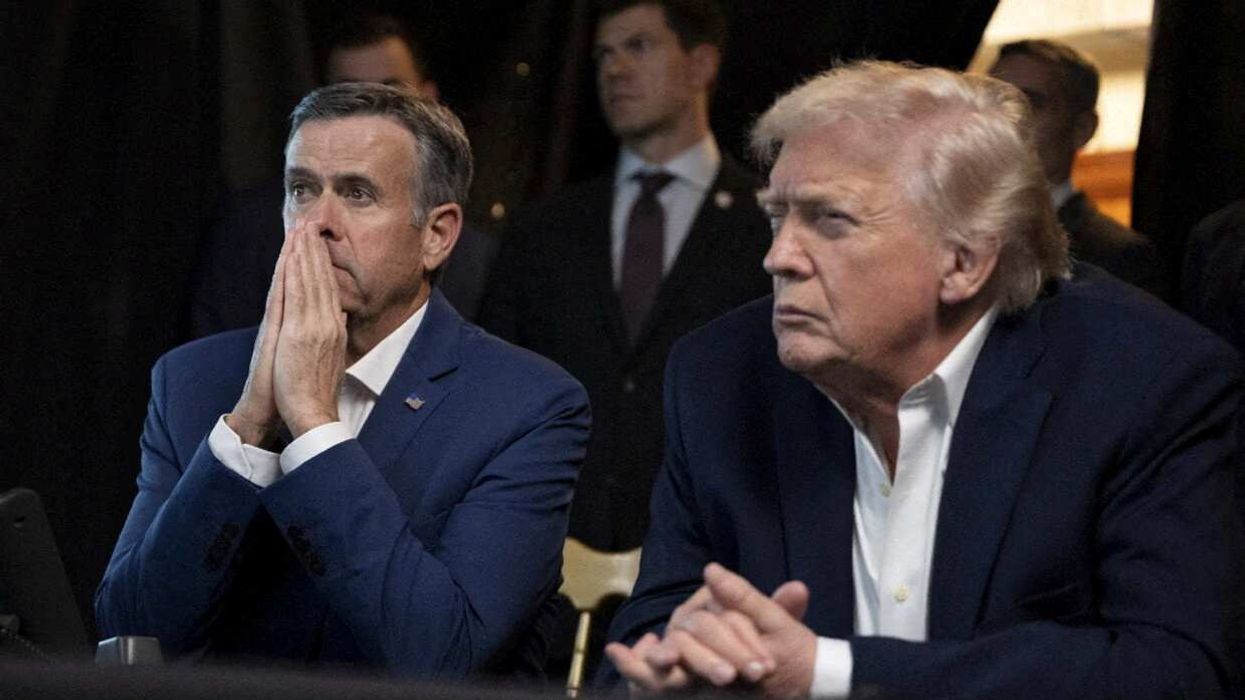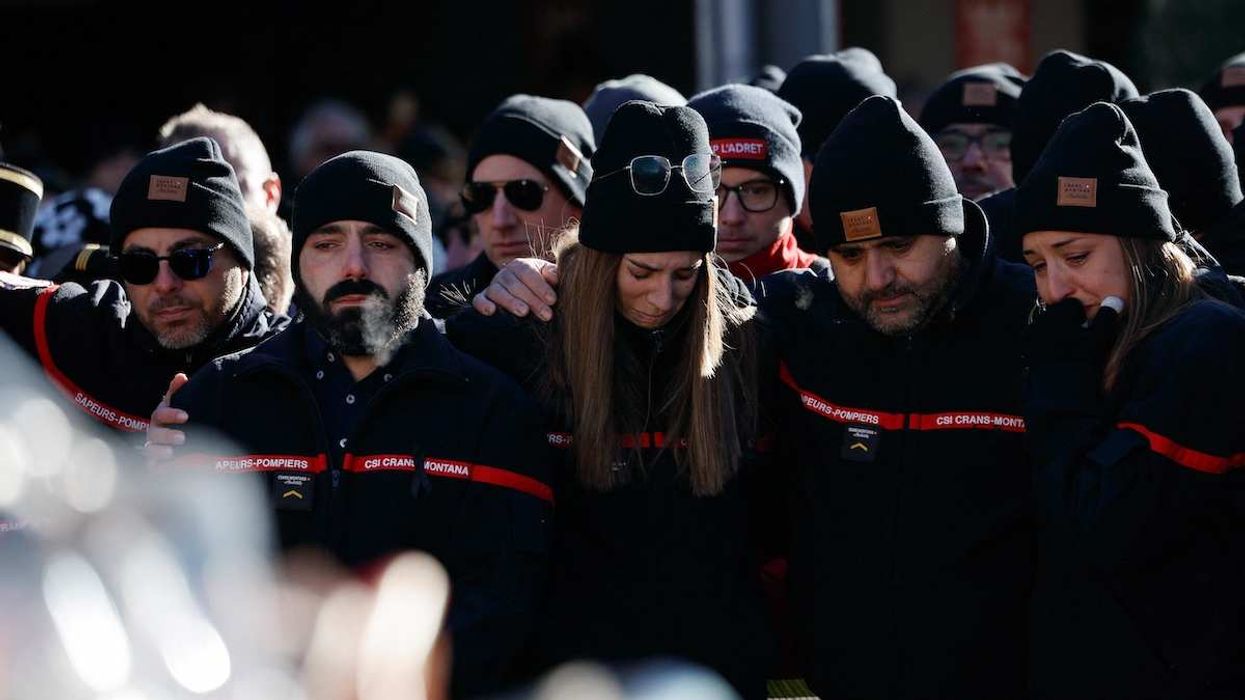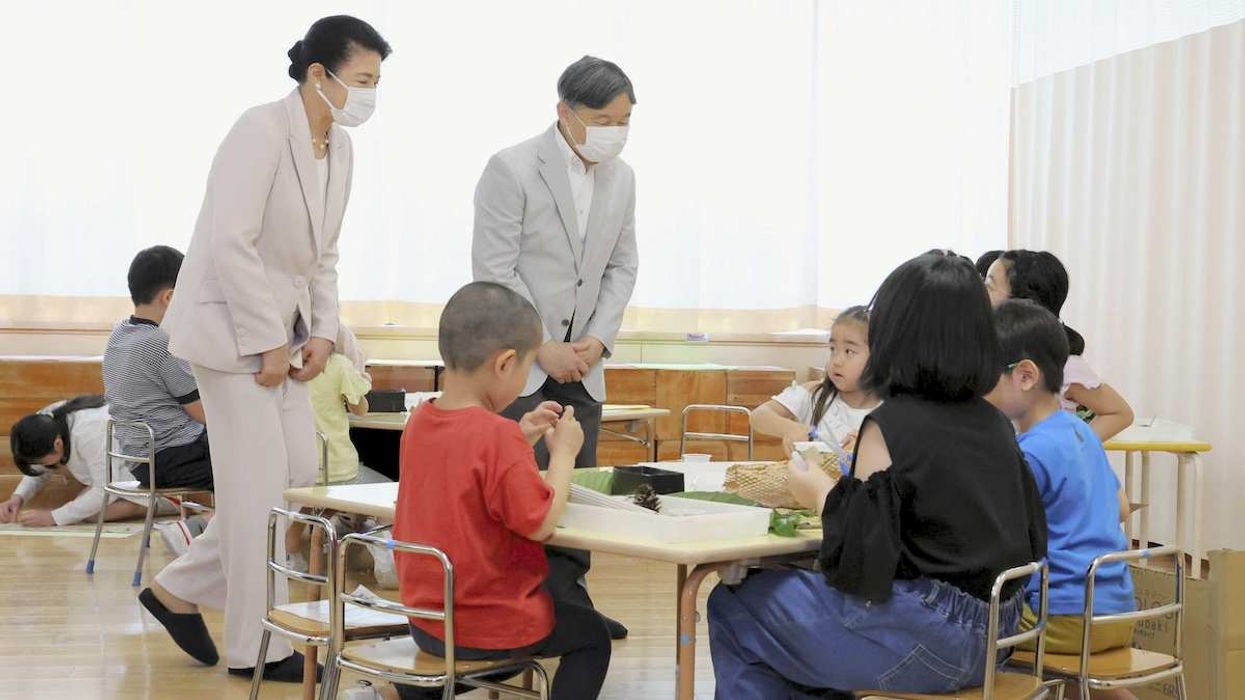2,000: The number of internally displaced people in the West African nation of Burkina Faso has soared by more than 2,000% since 2019 and now surpasses 2 million people. They are mostly women and children who have fled attacks by Islamic extremist groups linked to al-Qaida and the Islamic State group. The government and aid workers warn of a growing humanitarian crisis.
89: At least 89 schoolgirls and their teachers in Northern Afghanistan appear to have been deliberately poisoned over the weekend. The attacks, which struck two separate schools, underscore the vulnerability of Afghan girls, whose tentatively improving rights and educational opportunities were severely curtailed by the Taliban government when it seized power after the US withdrawal in 2020.
7: Brazilian President Luiz Inácio Lula da Silva has a new plan to end deforestation of the Amazon entirely within seven years. The measures include better tracking and policing of illicit deforestation along with reforestation incentives. Lula, who took office in January, has made the Amazon a priority after his predecessor, Jair Bolsonaro, overtly neglected rainforest protection. But Brasilia has its work cut out, so to speak: February saw a record for deforestation.
4: The Saudis may be cutting oil production, but they’re looking to boost football output. On Monday, the government gave control over four top domestic teams to its sovereign wealth fund, an investment behemoth with more than $600 billion to splash out on talent. Aging football superstar Cristiano Ronaldo went to the Saudi league earlier this year, and GZERO Daily writer Carlos Santamaria (a die-hard fan of Barcelona) is visibly unnerved about rumors that Lionel Messi may soon join him …


















